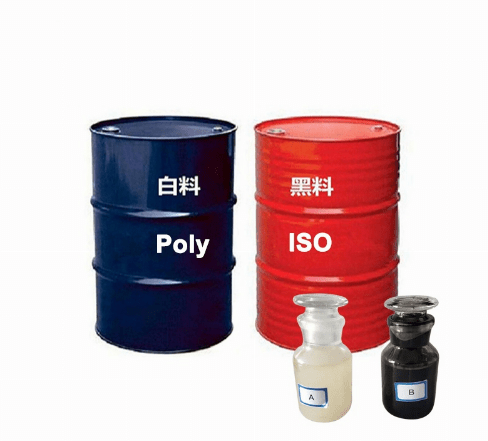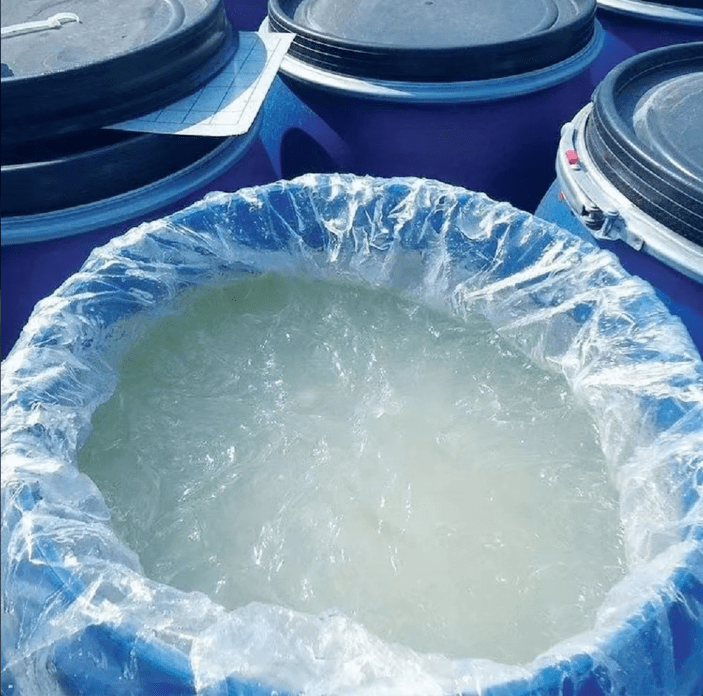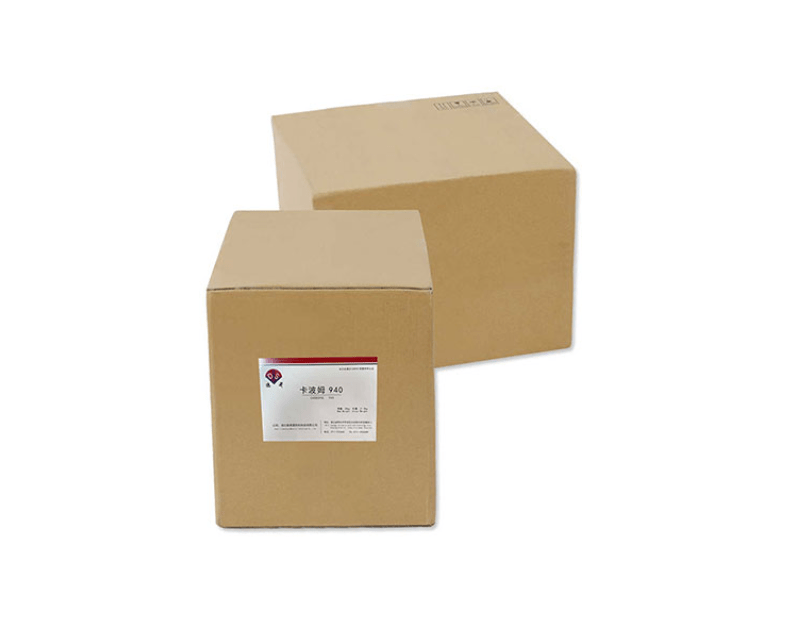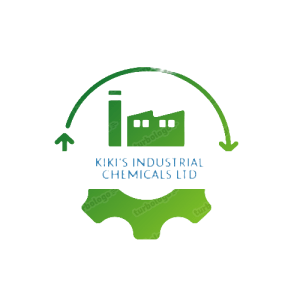Formic Acid in Nairobi Kenya
Formic acid, with the chemical formula HCOOH, is a simple organic compound belonging to the carboxylic acid family. It is also known as methanoic acid. Formic acid is named after ants (Latin: “formica”) because it was first isolated from the distillation of ant bodies.



At Kiki’s industrial chemicals , we have high quality formic acid. You can contact us@ +254713002961, or email us @ info@kikisindustrialchemicals.co.ke to make your order. we offer immediate deliverly uponpurchase of large quantities. remember, large purchases attract large discounts.
What is Formic Acid?
Formic Acid (HCOOH), also known as methanoic acid, is one of the simplest carboxylic acids, naturally occurring and widely used in various industries. Its high acidity, preservative properties, and effectiveness as a reducing agent make it essential in industries such as agriculture, textiles, leather processing, rubber production, and chemical synthesis.
Chemical Formula: HCOOH
Molecular Weight: 46.03 g/mol
Physical Appearance: Clear, colorless liquid
Odor: Pungent, characteristic of strong acids
Density: Approximately 1.22 g/cm³
Solubility: Highly soluble in water and many organic solvents, making it versatile in industrial applications.
Applications of Formic Acid in Various Industries
Formic Acid is a valuable resource across a range of industries due to its unique properties and effectiveness in multiple processes. Here’s a closer look at how Formic Acid is used in Kenya and beyond:
1. Agriculture and Animal Feed Preservation
In the agricultural sector, Formic Acid is used primarily as a preservative for silage and animal feed. Due to its antimicrobial properties, it reduces spoilage and inhibits bacterial growth, allowing farmers to store animal feed for extended periods without losing nutritional quality. By preventing mold and bacteria, Formic Acid promotes healthier feed, especially valuable in hot or humid climates.
- Silage Additive: Formic Acid is added to silage to promote rapid acidification, which stops unwanted microbial activity. This process ensures that the feed remains fresh and nutritious for livestock.
- Grain Preservation: Used in grain storage, it prevents mold growth and bacterial contamination, securing food supplies for poultry, cattle, and other livestock.
2. Textile Dyeing and Leather Tanning
Formic Acid plays a significant role in textile manufacturing and leather processing. It is used to adjust pH levels in textile dye baths, ensuring color stability and consistency, and to improve dye absorption in fabric. In leather tanning, Formic Acid acts as a fixative, helping to bind dyes to leather and contributing to durable, high-quality leather goods.
- Dye pH Control: Essential in achieving uniform coloration across textiles, it stabilizes dyes and ensures long-lasting color.
- Leather Tanning: As an integral component in leather tanning, it aids in processing hides, making them soft, durable, and resistant to wear.
3. Rubber and Latex Coagulation
In the rubber industry, Formic Acid is vital for coagulating latex, a key step in rubber manufacturing. By precipitating rubber from latex, it enables the production of high-quality rubber products, from tires to industrial equipment.
- Efficient Coagulation Agent: A small amount of Formic Acid effectively coagulates latex, offering a cost-effective solution in rubber manufacturing.
4. Industrial Cleaning and Descaling Agent
With its strong acidic properties, Formic Acid is highly effective in cleaning and descaling applications. It’s used to remove mineral buildup, rust, and other deposits in machinery, pipelines, boilers, and other industrial equipment. Formic Acid is preferred over harsher acids because it has a lower environmental impact and can be easily neutralized.
- Scale Removal: Particularly useful in industrial water systems, it removes scale deposits, enhancing equipment efficiency and extending its service life.
- Machinery Maintenance: It prevents rust formation on metal parts, a crucial factor in industrial settings.
5. Chemical Synthesis and Laboratory Use
As a reducing agent in chemical synthesis, Formic Acid is frequently used in research and industrial chemistry. Its properties as a simple carboxylic acid make it a versatile building block in producing pharmaceuticals, chemicals, and other compounds.
- Chemical Reagent: In the lab, it’s a reagent for testing and synthesis, popular for its reducing capabilities and chemical versatility.
- Pharmaceuticals: Employed in the synthesis of medicines and various organic compounds, making it valuable in pharmaceuticals.
Benefits of Using Formic Acid
Formic Acid’s unique qualities bring several advantages to businesses and industries in Kenya:
- High Efficiency in Preserving Feed: Farmers rely on Formic Acid to extend the life of livestock feed, reducing spoilage and maintaining nutrition.
- Enhanced Quality in Leather and Textiles: In leather tanning and textile dyeing, it improves material durability and color vibrancy.
- Cost-Effective Coagulation for Rubber: Its use in rubber coagulation is economical, saving manufacturers on processing costs.
- Environmentally Safer Cleaning Agent: Compared to other strong acids, Formic Acid has a lower environmental impact and is biodegradable.
- Broad Industrial Utility: With applications from agriculture to chemical synthesis, Formic Acid serves as a versatile and indispensable chemical.
Safety and Handling Guidelines for Formic Acid
Formic Acid is a hazardous material, and safe handling procedures are crucial to ensure the well-being of workers and the environment.
Storage Recommendations
- Store in a Cool, Ventilated Area: Keep Formic Acid away from heat sources and direct sunlight to avoid decomposition and release of toxic vapors.
- Use Corrosion-Resistant Containers: Store it in containers made of materials that resist acid corrosion, such as stainless steel or specific plastics.
Handling Precautions
- Personal Protective Equipment (PPE): Always wear gloves, goggles, and protective clothing. Formic Acid is corrosive and can cause severe skin burns and eye damage.
- Ventilation: Use in well-ventilated areas or under fume hoods to prevent inhaling fumes, which can cause respiratory irritation.
Emergency Procedures
- Spill Response: If a spill occurs, ventilate the area, wear protective equipment, and use absorbent material to contain it. Dispose of the waste according to local regulations.
- First Aid: In case of skin or eye contact, rinse thoroughly with water for at least 15 minutes and seek medical assistance immediately.
- For further safety guidelines and standards, refer to the Approved List of Standards – January 2018 by the Kenya Bureau of Standards.
Environmental Considerations
Formic Acid is biodegradable, and in diluted forms, it poses a lower environmental risk compared to stronger acids. Nonetheless, responsible disposal is essential to avoid contaminating water sources.
Frequently Asked Questions (FAQs) About Formic Acid
Where can I purchase Formic Acid in Nairobi, Kenya?
A: Kiki’s Industrial Chemicals Ltd supplies Formic Acid in Nairobi and across East Africa. Contact us directly for current pricing and bulk order information.
Q: What industries commonly use Formic Acid?
A: Formic Acid is widely used in agriculture, leather tanning, textiles, rubber manufacturing, and as a cleaning agent in various industries.
Q: Is Formic Acid safe to use?
A: When handled correctly with proper protective equipment, Formic Acid is safe to use. Follow all safety guidelines and store it responsibly.
Q: Can Formic Acid be diluted?
A: Yes, it is highly soluble in water and can be diluted for specific applications. Use caution when diluting to avoid accidental splashes or inhalation of vapors.
Q: How does Formic Acid benefit agriculture?
A: Formic Acid is an effective preservative for animal feed, reducing bacterial growth and extending feed freshness, which is crucial for maintaining livestock health.
Ordering Formic Acid in Kenya
Kiki’s Industrial Chemicals Ltd is committed to delivering high-quality Formic Acid and other industrial chemicals. We are your trusted supplier, providing reliable products and excellent customer support.
Contact Us Today for Your Formic Acid Needs
- Phone: +254713885105
- Email: info@kikis-chemicals.com
- Address: Industrial Area, Nairobi, Kenya
Reach out today to discuss product specifications, place orders, or inquire about bulk pricing options. Our team at Kiki’s Industrial Chemicals Ltd is ready to support your business with top-grade Formic Acid and a commitment to quality service.
Get in touch with us
Other related products
Kiki's Industrial Chemicals Ltd is a leading supplier of high-quality industrial chemicals in East Africa . We offer a versatile list of chemicals that cater to a wide range of industries

Acetic acid in Kenya
Acetic acid, also known as ethanoic acid, is a clear, colorless liquid with a pungent odor and a sour taste. It is an organic compound with the chemical formula CH3COOH. Get Acetic Acid today call +254713002961

PU foam (Polyurethane Foam) in Kenya
Polyurethane foam (PU foam) is a versatile material that has become an essential component in various industries. The foam is made by reacting two main components, polyols and isocyanates, Get polyurethane foam today call +254713002961

Ungerol In Kenya
we supply quality ungerol chemicals to meet the needs of our customers . We are a renown company for ensuring customer satisfaction and delivering our products on time to purchase ungerol you can contact us directly via +254713002961 and our team will be there to assist you .

Carbomer 940 in Kenya
Carbomer-940 is a versatile polymer that finds numerous applications in various industries, including pharmaceuticals, personal care, and cosmetics. As a leading supplier of Carbomer-940 in Kenya, we ensure that our product meets the highest quality standards and delivers outstanding performance.
